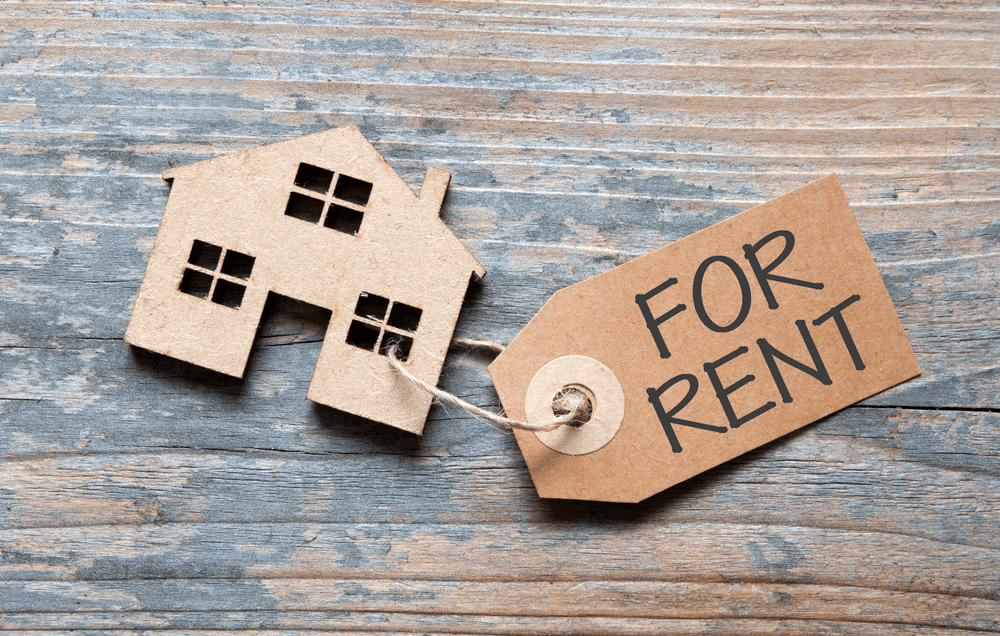Selling a House You Just Bought: Exploring the Pros and Cons
In the realm of real estate investments, circumstances can change unexpectedly, leading you to contemplate selling a house shortly after purchasing it. This situation presents a unique set of challenges and considerations that require careful analysis. Whether you find yourself in a position where selling becomes a necessity or you are exploring the possibility of […]
Selling a House You Just Bought: Exploring the Pros and Cons Read More »






